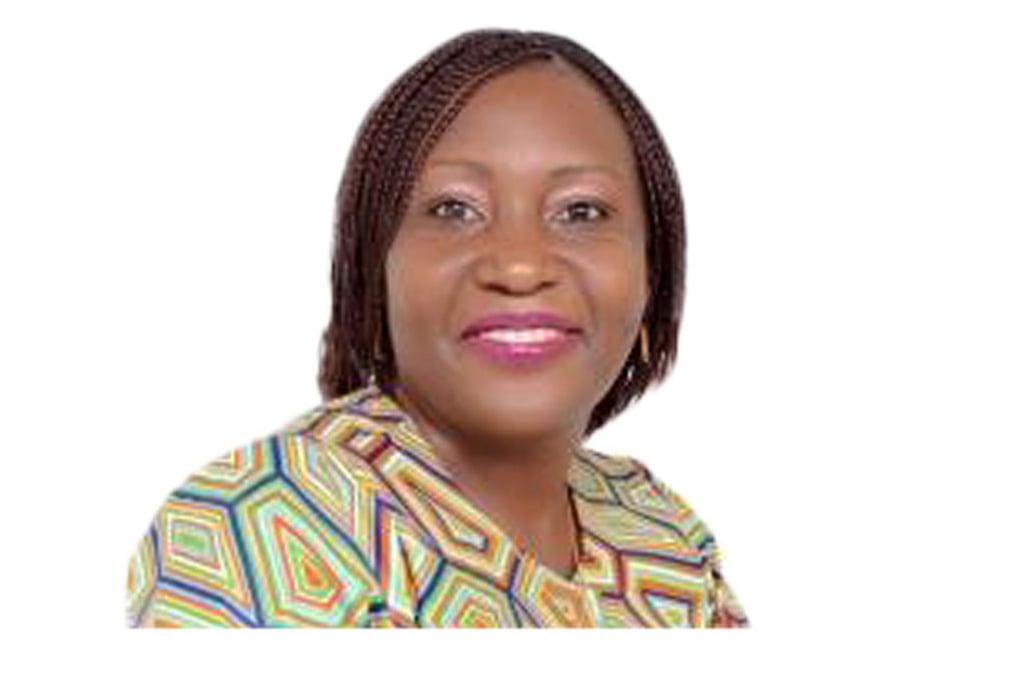Keeping hope alive: Empowering girls to cope with challenges

Gilbert Kamanga
What you need to know:
- Challenges girls face. In Uganda today, we have high dropout rate of girls from schools because these girls are not well equipped to face adolescent years.
- They are easily trapped into risky behaviours, which lead them to being pregnant or getting married when they are not ready for marriage.
This year’s theme of International Day of the Girl of ‘EmPOWER girls: Before, During and After Crises’ is more than fitting taking into account what is happening in the world today.
Girls are facing a number of crises in their lives. These are not girls from the poor backgrounds only or from rural contexts or refugees only. They are not girls from uneducated families only or from single parents only. Rather, they are girls from different backgrounds. Yes, there are differences in vulnerabilities, but studies have shown that the fact that you are a girl, you have a fair share of crises or challenging situations you will face in life.
Most African communities have harmful beliefs and practices that militate against girls irrespective of their backgrounds. It is, therefore, very common to see a well educated woman being abused by her husband, but that woman will suffer quietly in the name of tradition. This abused woman who just takes in all the abuse is doing so because the woman was not empowered during her early years on how to face challenging situations ahead of her.
Most women have lost hope in leading a happy life because they feel powerlessness. Families and communities seem to have forgotten that ubusho ni emitavu (a herd of cattle is from the calves) and that enyana nungi nizo ente (a good she-calf gives you a better cow).
Equipping girls to face challenging situations before they happen, during their occurrence, and after they have happened is key in keeping hope alive. In Uganda today, we have high dropout rate of girls from schools because these girls are not well equipped to face adolescent years. They are easily trapped into risky behaviours, which lead them to being pregnant or getting married when they are not ready for marriage. It is, therefore, necessary to equip girls so that they have a voice which will enable them to active participants in the prevention, protection and response strategies for ending these harmful practices.
Uganda is home to more than 1.3 million refugees most of whom are from South Sudan and they are settled in the West Nile region. The South Sudan refugee crisis is a children’s crisis because over half of the refugees from South Sudan are children. Most of these children are girls. One such a girl is 17-year-old Lillias, who came to Uganda with her six siblings when she was 16 years old.
Her father died and was separated from her mother so that she is not sure whether she is alive or dead. Lillias took up the responsibility of being the head of the family right from the bush as they were trekking to Uganda and after they arrived in Bidibidi settlement, she continues to be the head of the family.
Lillias, who is now aged 17, joined a skilled development group with six other girls. This group has become a shining light to other girls in the settlement because Lillias with the other group members are able to make handbags, purses, bangles and necklaces from beads. From the proceeds, Lillias is able to buy food items that complement with the monthly food rations that they receive from World Food Programme and World Vision.
In the group, the girls also acquire life skills, which have boosted their confidence. Lillias is determined that she will continue with her studies and she is encouraging others to get a skill that will help them to face the challenges of living as a refugee and also which will be handy when they return home in South Sudan.
When you talk to girls like Lillias who have run away from South Sudan, they narrate that they ran away from war, hunger and hopelessness. Their coming to Uganda has assured them of security and food while most of them are still looking for hope. All agencies working with refugees should ensure that these girls remain hopeful.
One way of keeping this hope alive is by empowering them so that they are able to face the current challenges of being a refugee with a brighter future in mind. Girls like Lillias want to remain in school because they know that the best contraceptive for a girl is education. Access to appropriate reproductive health services is important for all adolescent girls. They also know that educating a girl-child is an important strategy in breaking the cycle of poverty.
Ending violence against girls irrespective of their circumstances should be everyone’s agenda. Ending child marriage, female genital mutilation and all forms of sexual violence against girls will take the efforts of all us.
School dropout rates of girls is alarming and this is worse in refugee settings. Keeping girls in schools is one way of keeping hope alive. Our work in West Nile refugee settlements like in the rest of Uganda, has demonstrated that girls participation in processes that affect them is foundational in giving them vibrancy and energy. Girls have participated in disaster management and risk reduction, peace-building, child protection committees and in designing advocacy messages for ending violence against girls.
Keeping hope alive in the world today will be possible when every girl experiences equality, independence and safety in their everyday lives. Girls need to be given the power to challenge the systems and processes, which for a long time have been ignoring their abilities. Keeping hope alive will also require to educate men who perpetuate violence against girls by abusing girls or by making bad decision or by failure to take necessary actions. Men should not remain silent.
They should stand up for and with girls by providing space for girls to take center stage. Girls should be taken seriously. Tokenism is not needed. Let us empower girls to face crises before, during and after they happen. That is the only way we can keep hope alive!
Mr Kamanga is the National Director, World Vision Uganda. [email protected]




